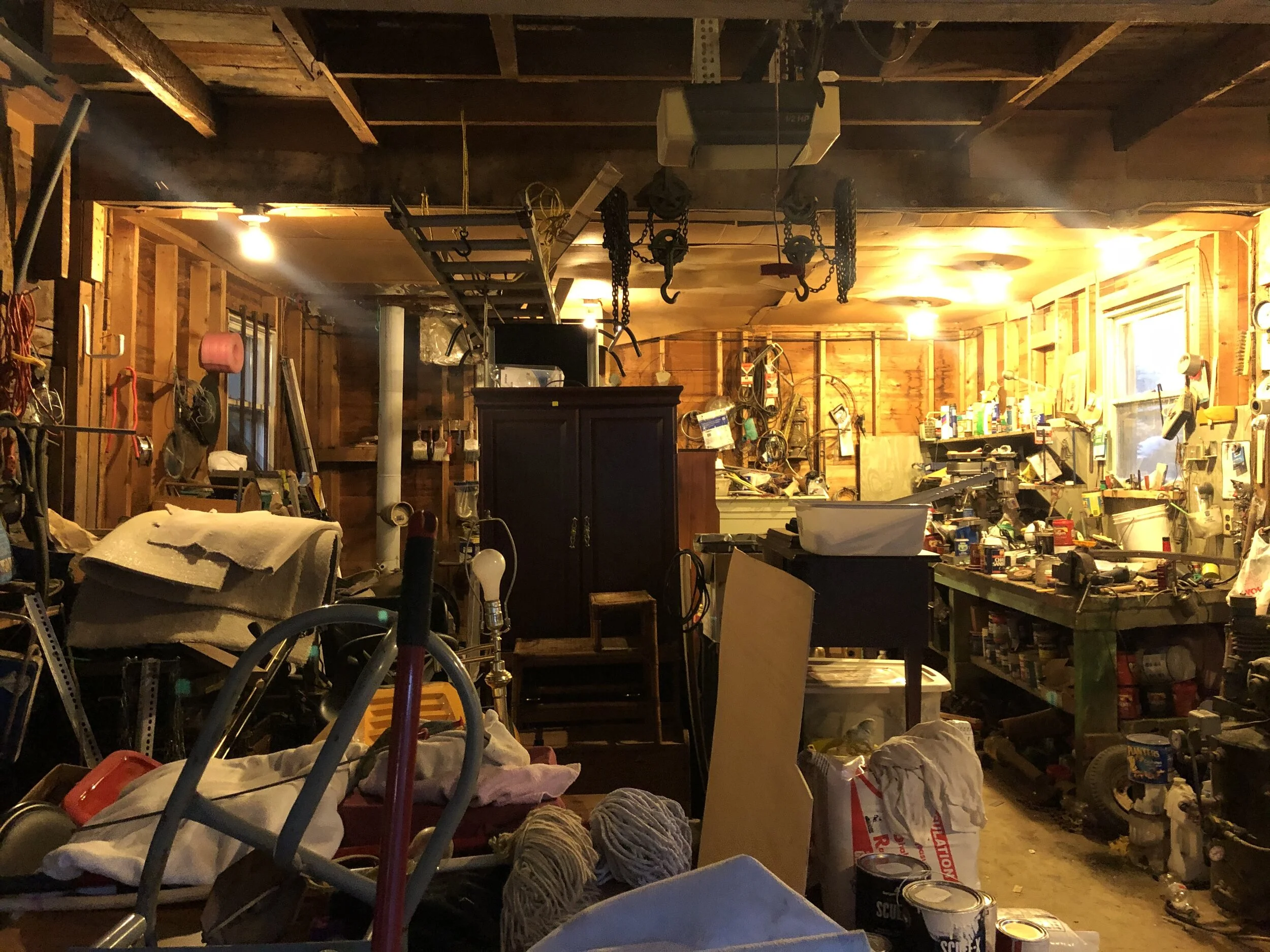What if you're not broken?
Evil, or perhaps misunderstood? And also the victim of sexism, violence, and gaslighting? (British Library)
I was talking with a friend who has been working with a mindset coach.
She had been sensing a problem with her business and thought that maybe she could be achieving more. Now, she’s trying to figure out what’s next. Some things have become clear, and some are still uncertain.
That will likely always be the case. We never achieve the perfect mindset — we can always keep growing and getting better. Therefore, growth-focused people can always find something to address with this type of mindset work.
But the conversation got me wondering: When do we get to celebrate?
How do we make space for ourselves to acknowledge and enjoy our wholeness? What is wholeness, given that we can always keep improving infinitely and indefinitely? What is the target? How do we know when we get to that state of being?
Can there be a point at which we can be satisfied with where we are and what we have?
Maybe we can keep working with the mindset coach, but we are also feeling proud and confident and taking action. Is there room for both?
If we seek support because we're stuck, can we also trust that we will recognize the moment when we become unstuck, even if that is not the end?
This is stuff I think about a lot. In my work with students and clients, there is a balance between the striving that we do to become the person we want to be, versus the appreciation of who we already are and what we've achieved.
Without movement toward growth, we will become complacent. However, the flip side is more relevant to most of the people I know: Without appreciation for how far we've come, we'll always feel broken, less than, not enough, or whatever you want to call it. We won't know when to stop striving, reevaluate, and set some new targets for ourselves.
It sounds strange, but it's true: We won't even realize that we're not stuck.
There are lots of times when I'm working on a tricky problem and I'll say out loud, "I'm stuck." It comes out reflexively when I can't think of anything to say. I write it in my journal. I say it to my colleagues or my mastermind group.
But the truth is, I'm usually not stuck at all. I'm in the middle of a process, and taking time to reflect is part of the process. The necessary ideas and solutions don't always come immediately to mind, but that doesn't mean I'm stuck.
My friend Maria recently highlighted the fact that she often thinks, "If only I had $1,000 in my checking account." However, she has a lot more than that in her bank account. She's just used to the old thought, just as I'm used to the "I'm stuck" thought.
Believing the old thought — buying into the idea that we're stuck even when we're not, or feeling like we're broke (or broken) even when we're not — is a problem when it dictates the decisions we make from that point forward.
And it frequently does. We still cast ourselves in the role of the underdog without seeing that we've become the star (or the bully). So the decisions we make thenceforth are not necessarily based in reality. They might not help us go where we ought to go next, based on who we've become.
What if Maleficent, the evil fairy from Sleeping Beauty (or, for that matter, the evil queen from Snow White and the Seven Dwarves, who didn't even get a name), had let go of trying to be prettier than her younger rival and did something new and interesting with her powers and charisma?
What if Putin decided to be content to be the leader of the largest country in the world instead of deciding to be the world's largest villain?
What if I didn't jump to "I'm stuck" every time I don't get the answer that I want within two seconds? What kind of creative spirit could I unleash?
And what if my friend, the one who’s working with the mindset coach, made sure to celebrate how far she's come as a successful business owner instead of buying into the idea that she should be "playing a bigger game"?
And what about you? What if you're not broken? What if your go-to story about what you should have done or should be doing is not as helpful as the one about what you might want to do next, just because you feel like it?
You can still strive for greatness. You can still be eager for the next thing. But maybe you can do it because you want to, not because you have to prove yourself or fix yourself. There's nothing to fix.





